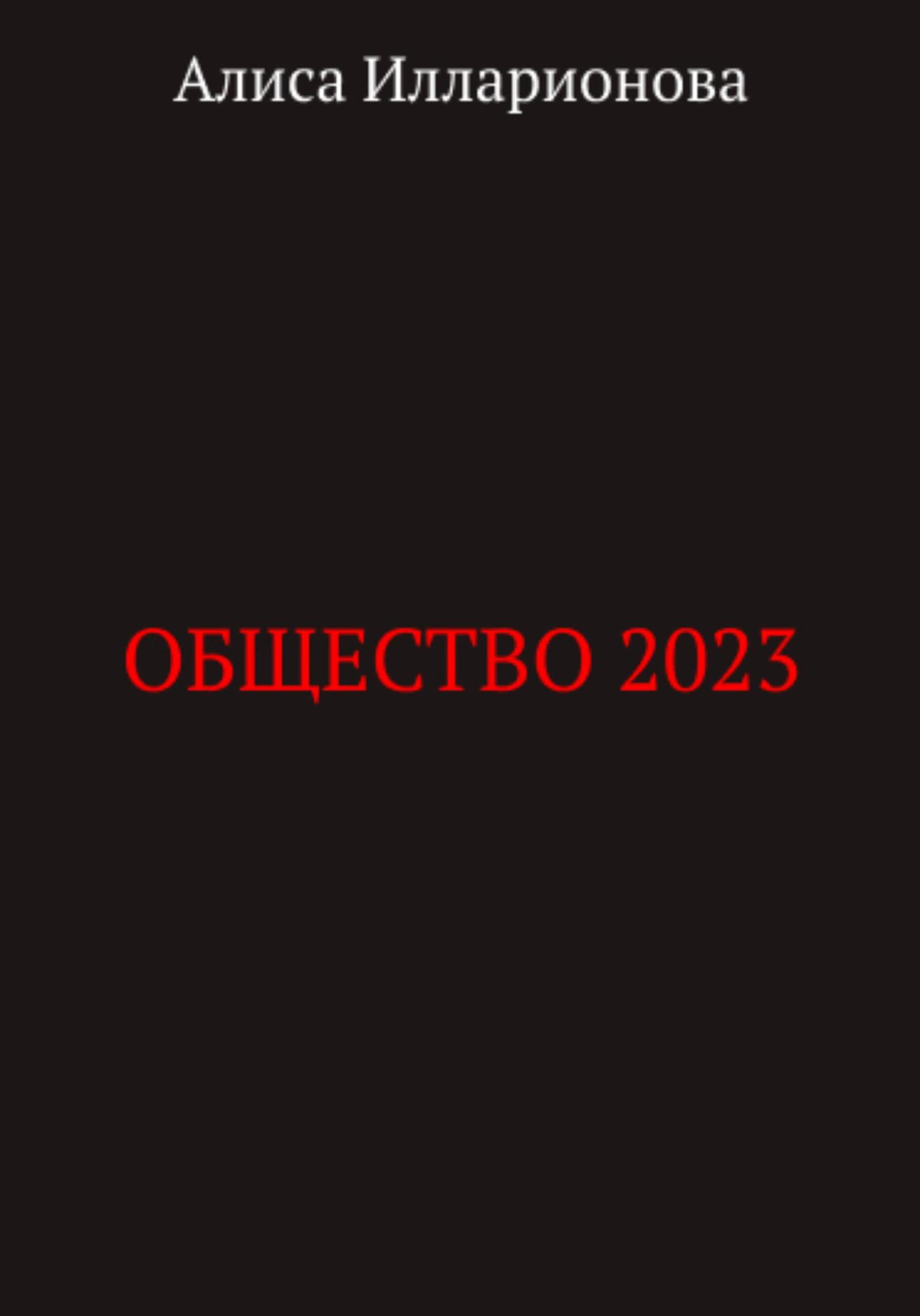Книга Свидетели войны. Жизнь детей при нацистах - Николас Старгардт
На нашем литературном портале можно бесплатно читать книгу Свидетели войны. Жизнь детей при нацистах - Николас Старгардт полная версия. Жанр: Приключение / Разная литература / Военные. Онлайн библиотека дает возможность прочитать весь текст произведения на мобильном телефоне или десктопе даже без регистрации и СМС подтверждения на нашем сайте онлайн книг knizki.com.
Шрифт:
-
+
Интервал:
-
+
Закладка:
Сделать
Перейти на страницу:
Перейти на страницу:
Внимание!
Сайт сохраняет куки вашего браузера. Вы сможете в любой момент сделать закладку и продолжить прочтение книги «Свидетели войны. Жизнь детей при нацистах - Николас Старгардт», после закрытия браузера.
Книги схожие с книгой «Свидетели войны. Жизнь детей при нацистах - Николас Старгардт» от автора - Николас Старгардт:
Комментарии и отзывы (0) к книге "Свидетели войны. Жизнь детей при нацистах - Николас Старгардт"
























